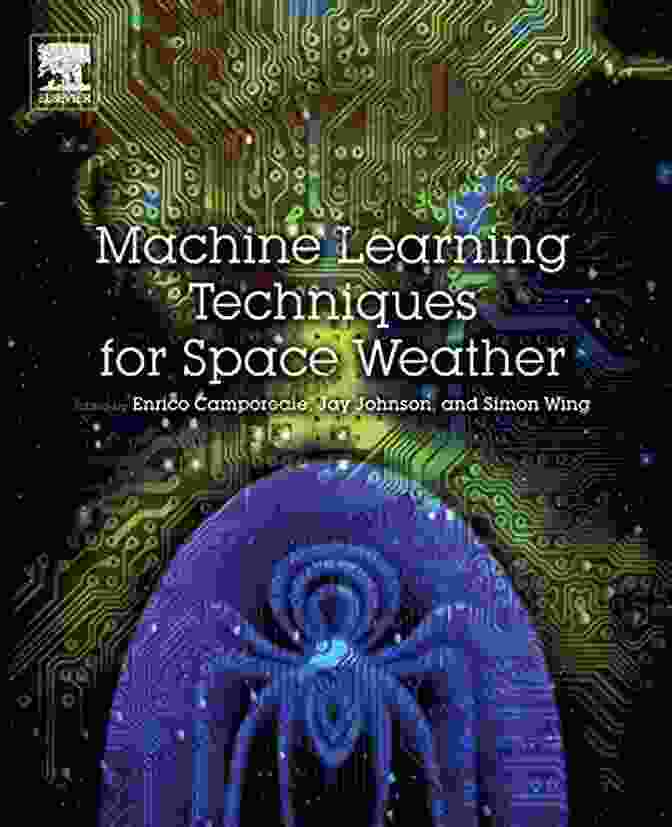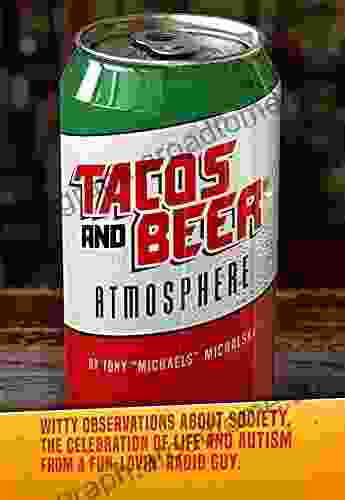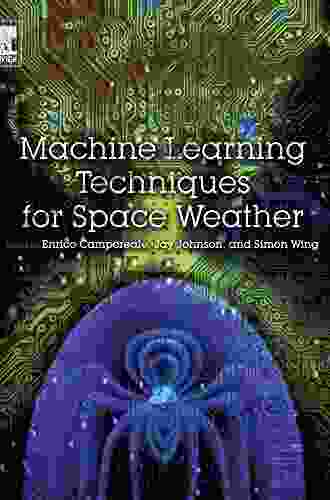Unlocking the Cosmos: Machine Learning Techniques for Space Weather

The vast expanse of space, once an uncharted realm, is now becoming increasingly accessible thanks to advanced technology and scientific advancements. One such field that has revolutionized our understanding of space is machine learning (ML),a subset of artificial intelligence (AI) that enables computers to learn from data without explicit programming. ML techniques are proving invaluable in unlocking the mysteries of space weather, providing scientists with unprecedented insights into the dynamic behavior of the Sun and its impact on Earth.
Machine Learning in Space Weather Forecasting
Space weather, the variability of the Sun's magnetic field and the particles emitted from its corona, can have significant effects on Earth's technology and infrastructure. ML algorithms can analyze vast amounts of solar data to identify patterns and anomalies, enabling more accurate predictions of space weather events. By harnessing the power of ML, scientists can now:
5 out of 5
| Language | : | English |
| File size | : | 58077 KB |
| Text-to-Speech | : | Enabled |
| Screen Reader | : | Supported |
| Enhanced typesetting | : | Enabled |
| Print length | : | 397 pages |
- Detect and classify flares and coronal mass ejections (CMEs): ML models can quickly identify these solar phenomena and estimate their intensity and trajectory, allowing for timely warnings and mitigation measures.
- Forecast the geomagnetic response on Earth: ML algorithms can predict the impact of solar activity on Earth's magnetic field, providing valuable information for power grid operators and satellite communication systems.
li>Estimate the radiation dose in space: ML models can assess the radiation levels astronauts and satellites will encounter, enabling mission planning and radiation protection measures.
Applications in Spacecraft Operations
ML techniques are also finding applications in spacecraft operations, enhancing mission efficiency and safety.
- Autonomous navigation and control: ML algorithms can enable spacecraft to navigate and maneuver autonomously, reducing the need for ground control and increasing mission flexibility.
- Fault detection and diagnosis: ML models can monitor spacecraft systems and identify potential problems early, allowing for prompt maintenance and repairs.
- Image processing and analysis: ML techniques can process and interpret images from spacecraft cameras, providing scientists with valuable insights into distant planets and celestial objects.
Challenges and Future Directions
While ML offers immense potential for space weather research and spacecraft operations, there are challenges that need to be addressed:
- Data availability and quality: Access to high-quality and timely space weather data is crucial for training and validating ML models.
- Model interpretability and explainability: Understanding the inner workings of ML models is essential for ensuring their reliability and making informed decisions based on their predictions.
- Computational resources: Training and deploying ML models can require significant computational resources, which can be a limiting factor in real-time applications.
Despite these challenges, the future of ML in space weather and spacecraft operations is bright. Ongoing research and advancements in ML algorithms, computing power, and data availability will continue to push the boundaries of what is possible.
Machine learning is revolutionizing the field of space weather, providing scientists with unprecedented insights and enabling more accurate predictions of solar activity. By unlocking the power of ML, we can better protect our infrastructure and astronauts from the effects of space weather and pave the way for safer and more efficient space exploration.
For those seeking a comprehensive guide to the latest ML techniques for space weather, the book "Machine Learning Techniques for Space Weather" offers an in-depth exploration of this fascinating field. Filled with practical examples and cutting-edge research, this book is an essential resource for researchers, space weather forecasters, and anyone interested in the application of ML in space.

Explore the book "Machine Learning Techniques for Space Weather"
5 out of 5
| Language | : | English |
| File size | : | 58077 KB |
| Text-to-Speech | : | Enabled |
| Screen Reader | : | Supported |
| Enhanced typesetting | : | Enabled |
| Print length | : | 397 pages |
Do you want to contribute by writing guest posts on this blog?
Please contact us and send us a resume of previous articles that you have written.
 Book
Book Novel
Novel Page
Page Chapter
Chapter Text
Text Story
Story Genre
Genre Reader
Reader Library
Library Paperback
Paperback E-book
E-book Magazine
Magazine Newspaper
Newspaper Paragraph
Paragraph Sentence
Sentence Bookmark
Bookmark Shelf
Shelf Glossary
Glossary Bibliography
Bibliography Foreword
Foreword Preface
Preface Synopsis
Synopsis Annotation
Annotation Footnote
Footnote Manuscript
Manuscript Scroll
Scroll Codex
Codex Tome
Tome Bestseller
Bestseller Classics
Classics Library card
Library card Narrative
Narrative Biography
Biography Autobiography
Autobiography Memoir
Memoir Reference
Reference Encyclopedia
Encyclopedia Russell Gamblin
Russell Gamblin Scott Gooding
Scott Gooding Kyle Dickman
Kyle Dickman Jenny Doh
Jenny Doh Jennifer Johnson
Jennifer Johnson Jenny Delacruz
Jenny Delacruz Jennifer King
Jennifer King Joe Mayo
Joe Mayo Jeremy Silman
Jeremy Silman Jeremy Sutton
Jeremy Sutton Jessi Colter
Jessi Colter John Hanbury Williams
John Hanbury Williams Monica T Whitty
Monica T Whitty Kevin R Williams
Kevin R Williams John Glatt
John Glatt John Denver
John Denver Rosalie Bent
Rosalie Bent John Hartig
John Hartig Rhonda Phillips
Rhonda Phillips William Bolitho
William Bolitho
Light bulbAdvertise smarter! Our strategic ad space ensures maximum exposure. Reserve your spot today!
 Vincent MitchellFollow ·9.8k
Vincent MitchellFollow ·9.8k Caleb LongFollow ·2.2k
Caleb LongFollow ·2.2k Ian McEwanFollow ·14.1k
Ian McEwanFollow ·14.1k Forrest BlairFollow ·5.2k
Forrest BlairFollow ·5.2k Miguel NelsonFollow ·9.6k
Miguel NelsonFollow ·9.6k Howard BlairFollow ·4.6k
Howard BlairFollow ·4.6k David BaldacciFollow ·19.4k
David BaldacciFollow ·19.4k Alex FosterFollow ·7.8k
Alex FosterFollow ·7.8k

 Julio Cortázar
Julio CortázarAn Illustrated Encyclopedia Of Live Concerts And...
Immerse yourself in the...

 Edgar Cox
Edgar CoxNon Physically Assaultive Attachment Based Chronic Covert...
What is Covert...

 Robert Reed
Robert ReedThe Baseball of Why: Unraveling the Intricacies of...
Step up to the plate and...

 Aldous Huxley
Aldous HuxleyTacos and Beer: An Atmosphere of Flavorful Delights
In the realm of culinary adventures,...

 Stan Ward
Stan WardUnlock the Secrets of the Aramaic Jesus: Revelations of a...
Journey Back to the Roots of...

 Vincent Mitchell
Vincent MitchellMillionaire Success Strategies: Your Blueprint for...
Unlock the...
5 out of 5
| Language | : | English |
| File size | : | 58077 KB |
| Text-to-Speech | : | Enabled |
| Screen Reader | : | Supported |
| Enhanced typesetting | : | Enabled |
| Print length | : | 397 pages |












